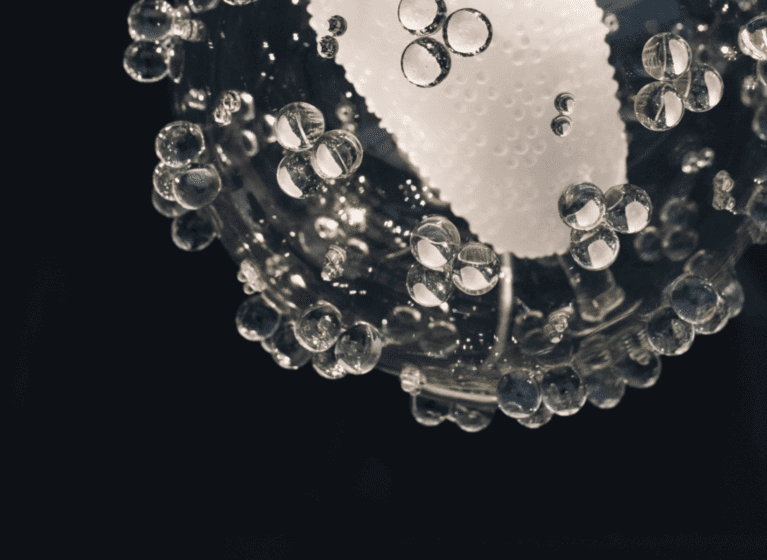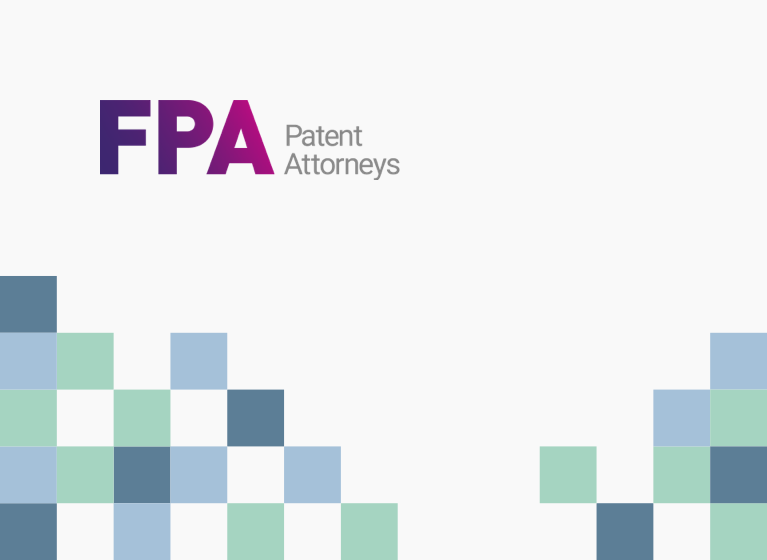- A recent Australian decision highlights the need to amend patent claims in Australia when examination of the same claims in other jurisdictions suggests that the Australian patent claims may be invalid.
- If Australian patent claims are left in a form that is known or suspected to be invalid, a court may exercise its discretion to refuse a request to amend a patent that is made during litigation.
- Patentees should seek advice from an Australian attorney on their Australian patents:
- if claims in other jurisdictions are amended, particularly to overcome prior art, and
- before infringement proceedings are commenced so that the patent can be thoroughly reviewed and any necessary amendments requested before the Australian Patent Office.
Patent amendments requested during litigation
Amendments to a patent requested before an Australian court are granted subject to the court’s discretion. This is in contrast to amendments to a patent requested before the Australian Patent Office which must be granted if the amendments are allowable per se. Therefore, while the amendment per se may be allowable, the conduct of the patentee is taken into consideration before an Australian court grants the amendment.
The recent court decision of CSL Limited v Novo Nordisk Pharmaceuticals Pty Ltd (No 2)1 has highlighted the need to amend patent claims in Australia, or at the very least seek advice from an Australian attorney regarding whether to amend or not, when examination of the same claims in other jurisdictions indicates or suggests that the patent claims in Australia are invalid.
The decision reinforces that a consequence of leaving Australian patent claims in a form that is known or suspected to be invalid is that an Australian court may exercise its discretion to refuse an amendment to a patent requested during litigation. This may severely derail a litigation strategy during proceedings and strongly indicates that a patent should be reviewed thoroughly before infringement proceedings are commenced.
The patent and the proceedings
CSL Limited and Monash University are co-patentees (together the patentees) of Australian patent no 716747 (the Australian patent) which relates to method for the preparation of stabilized growth hormone. Claim 1 of the unamended Australian patent was alleged by the patentees to be infringed by Novo Nordisk A/S and a number of subsidiaries (Novo Nordisk).
The patentees sought to amend claim 1 to introduce a specific pH range found in claim 7, as the court notes, at least substantially to make the patentees better able to resist Novo Nordisk’s case on invalidity. Novo Nordisk accepted that introduction of the pH range into claim 1 of the patent was an allowable amendment per se. However, they contended that the court should exercise its discretion to refuse the amendment, as the patentees were squarely on notice from the prosecution history of related foreign patent applications that there were real questions about the validity of claim 1.
The issue to be decided before the court was whether the court should exercise its discretion to refuse to grant the amendment requested by the patentees.
Background on amendments on related foreign patent applications
During the course of examination on the related US, Canadian and Russian applications, similar sets of prior art documents were cited and in response the patentees made an amendment to claim 1 on each application. The amendments made on the US and Russian applications were not the same amendment requested by the patentees on the Australian patent.
A claim amendment along similar lines to that under consideration on the patent was also the subject of an auxiliary request in an opposition proceeding on the related European application. The main request in the European opposition was similar to the unamended claim 1 in the Australian patent.
Not surprisingly, given the current prosecution time frames in various jurisdictions, the amendments on the US, Canadian and Russian applications and the amendments in the auxiliary request filed during the opposition on the European application were made some years after the patent in Australia was granted.
In summary, claim 1 was unamended in Australia, however on the US, Canadian, European (in an auxiliary request) and Russian applications, claim 1 was amended in the face of similar prior art.
Principles to consider for court’s discretion
Both parties in the proceeding agreed that the following are principles that should be considered in determining whether the court should exercise its discretion (Smith Kline and French Laboratories Ltd v Evans Medical Ltd [1989] 1 FSR 561, 569):
- the onus to establish the amendment should be allowed is upon the patentee and full disclosure must be made of all relevant matters
- amendment will be allowed provided the amendments are permitted under the Act and no circumstances arise which would lead the court to refuse the amendment
- it is in the public interest that amendment is sought promptly, it will not be allowed unless the patentee shows reasonable grounds for delay, and
- a patentee who seeks to obtain an unfair advantage from a patent, which he knows should have known should be amended, will not be allowed to amend.
No one of these principles is determinative. The majority of this decision was concerned with the third principle above. In particular, the question related to when a patentee, who knows there is a need to amend the patent, should do so soon after becoming aware of that need, or what is sufficient explanation of the delay to the satisfaction of the court.
A summary of the key conclusions reached
- Delay in requesting an amendment or considering the need to amend is not on its own decisive in a court exercising its discretion against a patentee.
- Delay with knowledge of relevant prior art to the claims is not fatal to amendment. However, when a patentee has been exposed to a view from a credible source that prior art may well render a claim invalid, the onus shifts to the patentee to justify their inaction by evidence that serious attention was given to the matter. Preferable evidence is in the form of professional advice.
A patentee who has been exposed to facts from which it was, or reasonably ought to have been, apparent to him or her that a claim might well be invalid unless amended, and who later seeks the favourable exercise of the court’s discretion under section 105 is, in my opinion, in no position to say that there was, on the earlier occasion, no ‘need’ to amend simply because it had not then been conclusively established that the claim was in fact invalid.2
The judge was of the view that as examiners in multiple jurisdictions had expressed the view that claim 1 should not be granted in view of substantially the same prior art in each case, the patentees were on notice that claim 1 in the Australian patent was ‘problematic’.
The judge did not go so far to state that due to the amendments made on the related foreign patent applications, the patent in Australia must be amended. However, there was no evidence that the patentees gave any consideration, for example in the form of seeking professional advice, as to the validity of claim 1 in the Australian patent.
Of course, any suggestion that a patentee should disclose advice it has received on the validity of a claim raises very complex questions of legal privilege and discovery obligations in several important jurisdictions. This again is a strategic consideration in amending before a court in Australia.
What this means for you
Examination on patent applications may occur in Australia before examination in other jurisdictions thereby leading to an Australian patent being the first patent granted on an invention, before all relevant prior art has surfaced. This decision strongly suggests that advice from an Australian attorney should be sought where the granted claims on the Australian patent are of different scope to those in other jurisdictions, particularly when the different scope was a result of amendment to overcome prior art.
In addition, before infringement proceedings are commenced, a thorough review of the patent should be conducted and any amendments required to be made should be requested before the Australian Patent Office.






